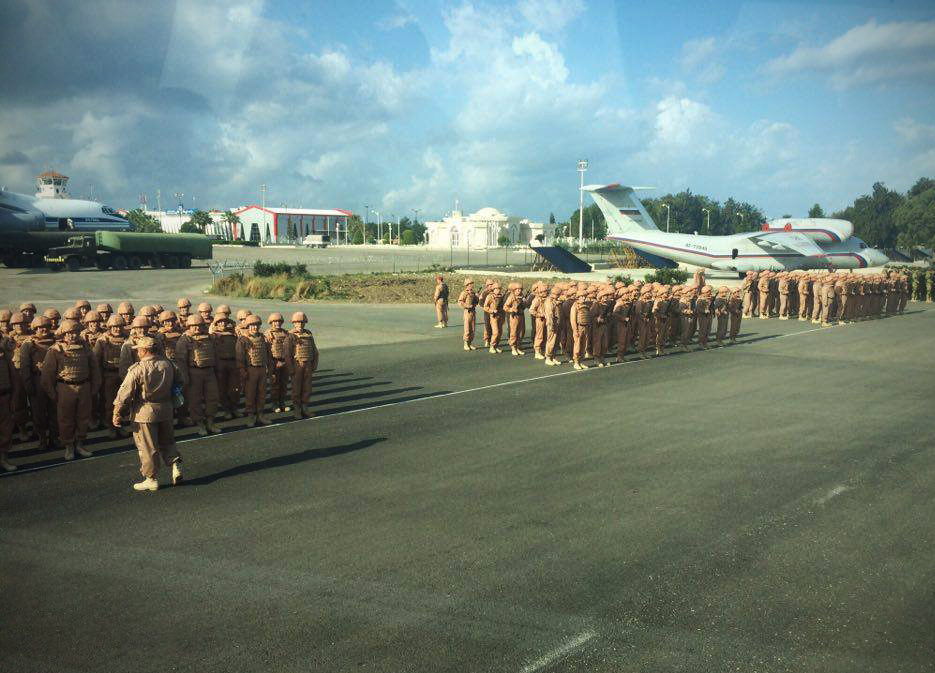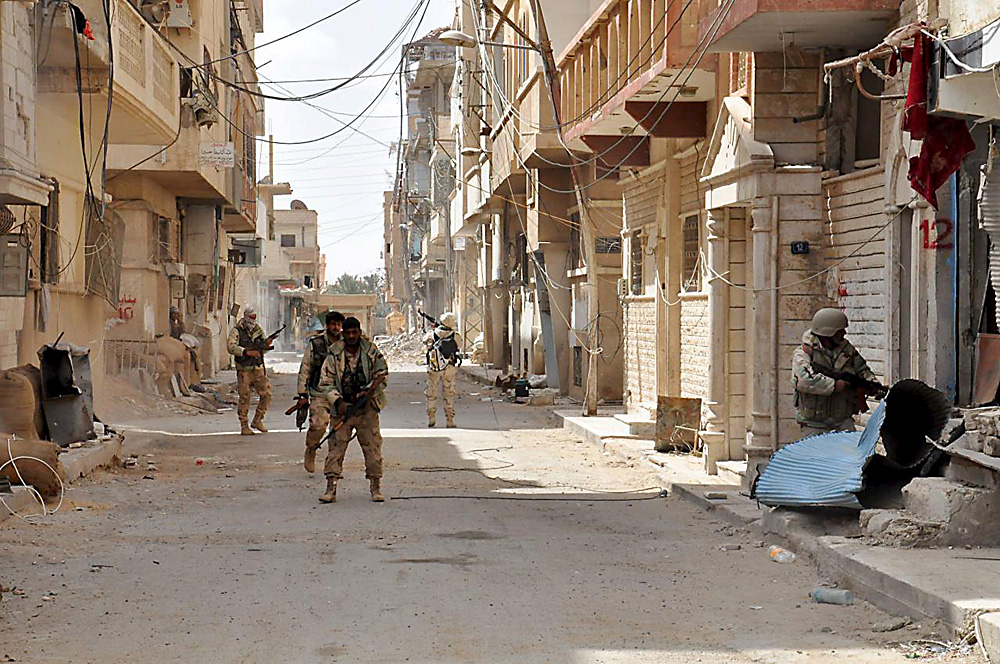Russian arms pass Syria test, but have problems: Shoigu
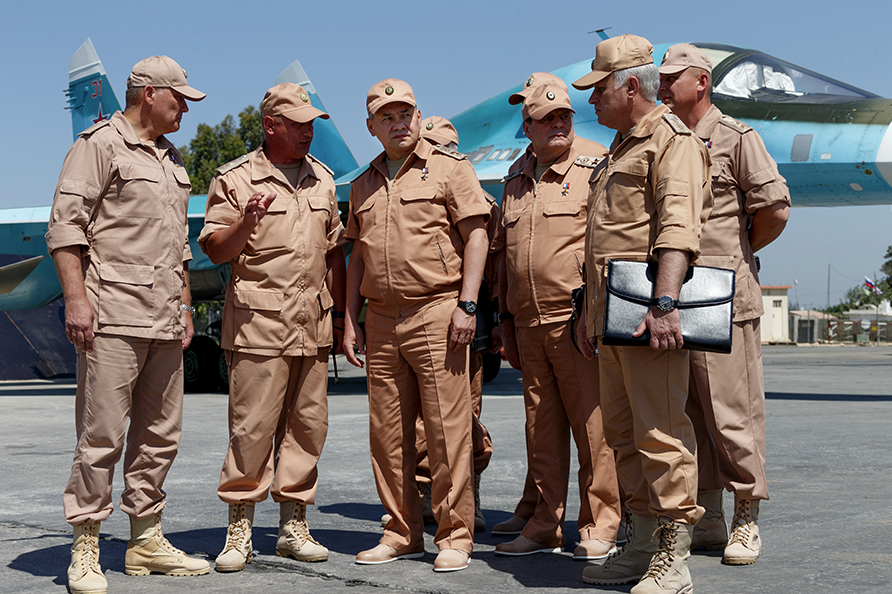
Russian Defence Minister Sergei Shoigu (3rd left) during his visit to the Hmeymim airbase in Syria.
mil.ruRussian Defence Minister Sergei Shoigu has spoken about problems with some Russian weaponry in Syria, saying contracts with some defence industry enterprises would be terminated for their failure to fulfil their obligations. However, he described implementation of state defence orders in 2016 as "satisfactory.”
Around 62 percent of state orders for the supply of hardware and weapons have been completed so far, while the state defence order for maintenance has only been half complete (just 50 percent), said Shoigu.
"In the course of using military hardware in the Syrian Arab Republic, a number of structural and production defects have been identified," said Shoigu on October 21, at the single military products acceptance day, an annual event at which the Ministry of Defence assesses the effectiveness of arms deliveries by state suppliers.
Shoigu stated they would consider "measures that were being taken and had already been taken to improve the reliability of military hardware.”
Problems in Syria
Russian President Vladimir Putin, summing up the operation in Syria in May, admitted that the military operation had revealed "certain problems," by addressing which it would be possible to "adjust the further development and improvement of military designs.”
Dmitry Peskov, the Kremlin press secretary, explained that those incidents concerned "the operation of certain pieces of hardware" but said information about them was "classified.”
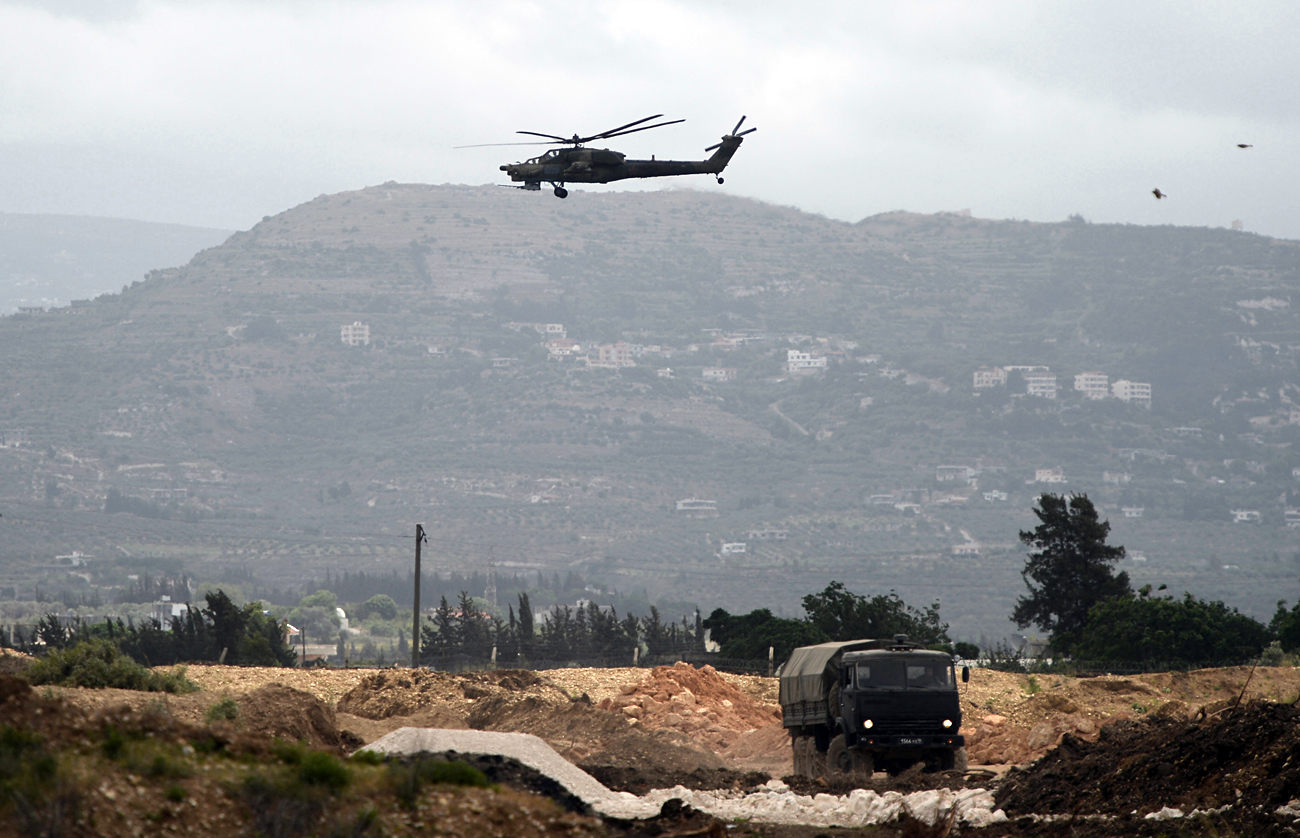 A Russian Mi-28N "Night Hunter" helicopter during a mission near the Hmeimim airbase in Syria. / Maksim Blinov/RIA Novosti
A Russian Mi-28N "Night Hunter" helicopter during a mission near the Hmeimim airbase in Syria. / Maksim Blinov/RIA Novosti
Deputy Defence Minister Yury Borisov said the serviceability of Russian aircraft operating from the Khmeimim airbase in Syria had been assessed at between 80 and 90 percent.
"Manufacturers arrived at the Kmeimim airbase at our first call. We are grateful to our colleagues and have nominated many of them for state awards," said Borisov.
Commenting on the President's statement about shortcomings in Russian military hardware, Andrei Shibitov, deputy general director for production and innovations at the Helicopters of Russia holding company, told journalists that the complaints concerned, among other things, domestically-manufactured helicopters.
"The combat use of the aircraft was quite singular. In the course of carrying out new-generation tasks, certain shortcomings have been revealed in our helicopters that need to be eliminated. It goes without saying that, despite an overall successful operation, we realize that we still need to do more work to make our aircraft more effective. We have already drawn up a programme identifying further areas of focus that would make our helicopters more effective," Shibitov told TASS news agency.
A Russian Mi-28N helicopter crashed near the Syrian city of Homs on April 12, 2016. The captain and the navigator were killed. The Defence Ministry said the crash was not caused by enemy fire and, preliminary findings indicate, resulted from human error.
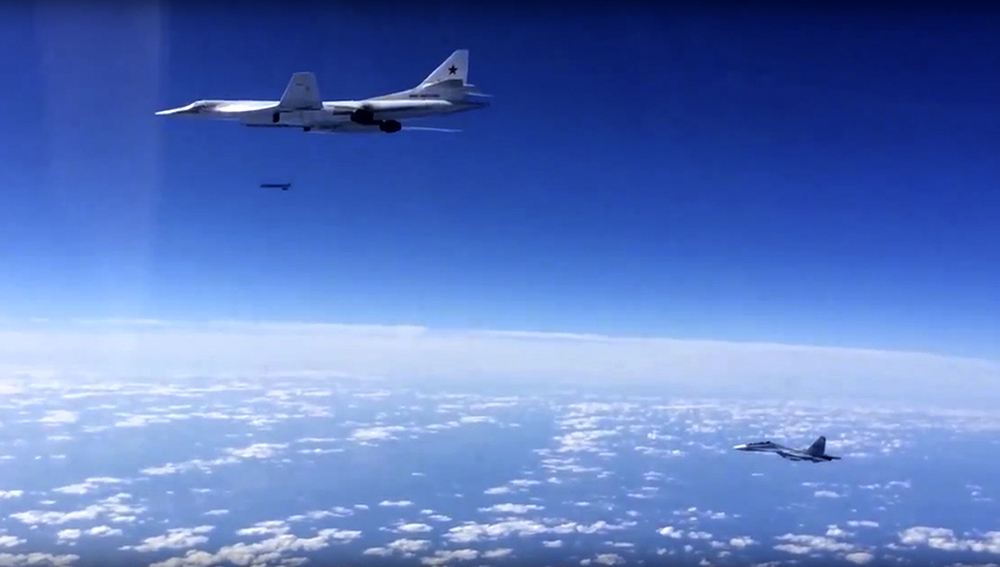 Russian air force Tu-160 bomber launches a cruise missile while being escorted by an Su-30SM on a combat mission against a target in Syria. / Source: AP
Russian air force Tu-160 bomber launches a cruise missile while being escorted by an Su-30SM on a combat mission against a target in Syria. / Source: AP
The newest types of Russian weaponry which saw action in Syria included the sea-launched Kalibr-NK cruise missiles and X-101 cruise missiles fired by Tupolev Tu-160 strategic bombers.
After the launches, CNN, citing two anonymous sources at the Pentagon, reported that several cruise missiles launched from Russian warships in the Caspian against targets in Syria on October 7 had failed to reach their targets and had fallen on Iranian territory.
According to the TV channel, at least four of the 26 missiles launched fell in Iran. However, there were no reports of casualties or damage on the ground. The Russian Defence Ministry denied those reports in a statement on its official Facebook page.
Satisfactory’ result
According to Shoigu, state orders for the supply of hardware and weapons are 62 percent complete, while state defence orders for maintenance were nearly 50 percent complete.
"This testifies to the satisfactory work of defence industry enterprises and to the effectiveness of measures being undertaken by the Defence Ministry,” he said.
Konstantin Makiyenko, deputy head of the Centre for Strategy and Technology Analysis, told Gazeta.ru that the bulk of armaments and military hardware are supplied to Russia’s armed forces closer to the New Year.
“This is particularly true for ships and vessels for the Navy. As a rule, they are commissioned right on Dec. 31,” he said. “Overall, one should say that the figures are not at all bad. And one can expect that, even with the sanctions in place, the state defence order for 2016 will be completed by at least 85-90 percent.”
First published in Russian by Gazeta.ru.
All rights reserved by Rossiyskaya Gazeta.
Subscribe
to our newsletter!
Get the week's best stories straight to your inbox
